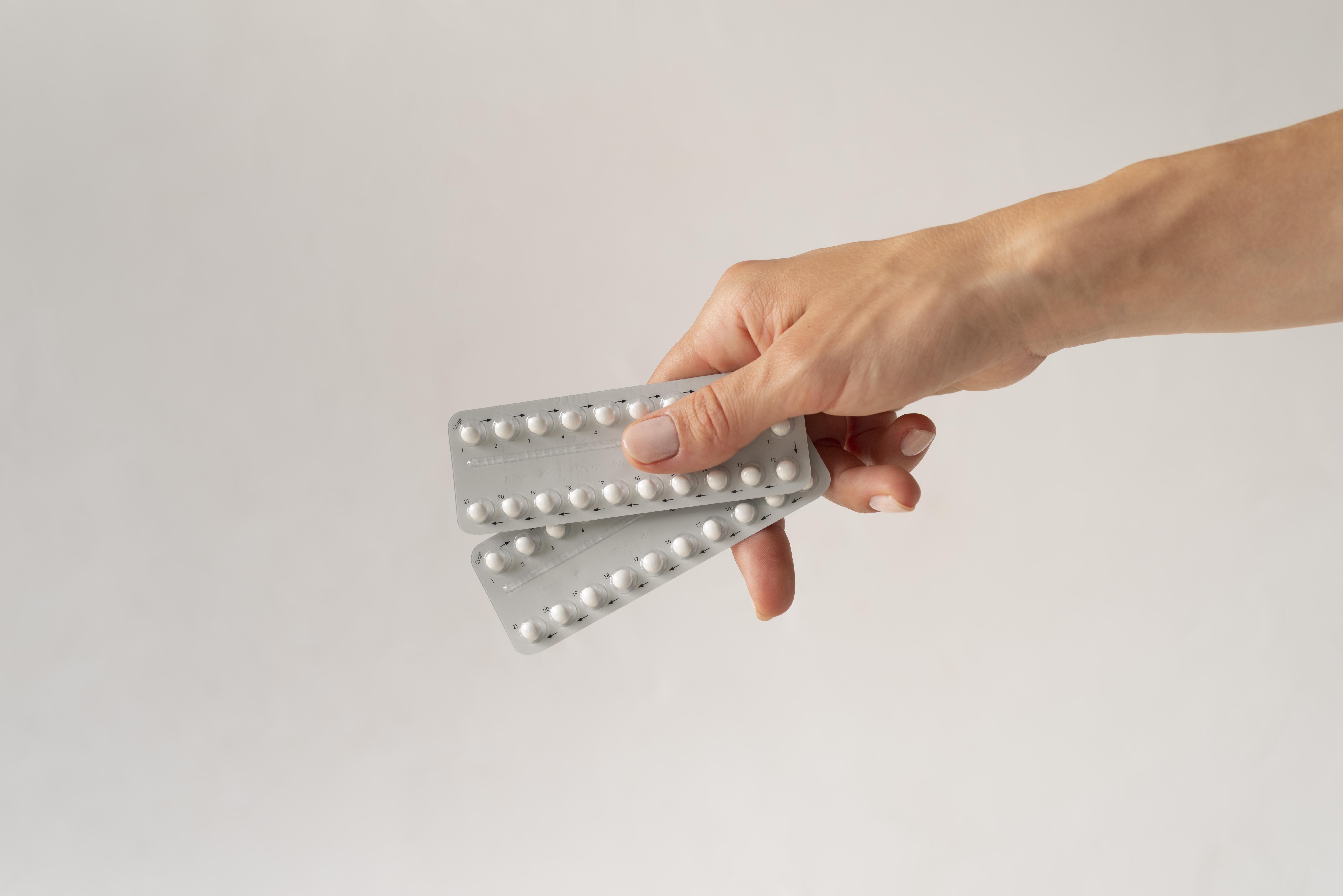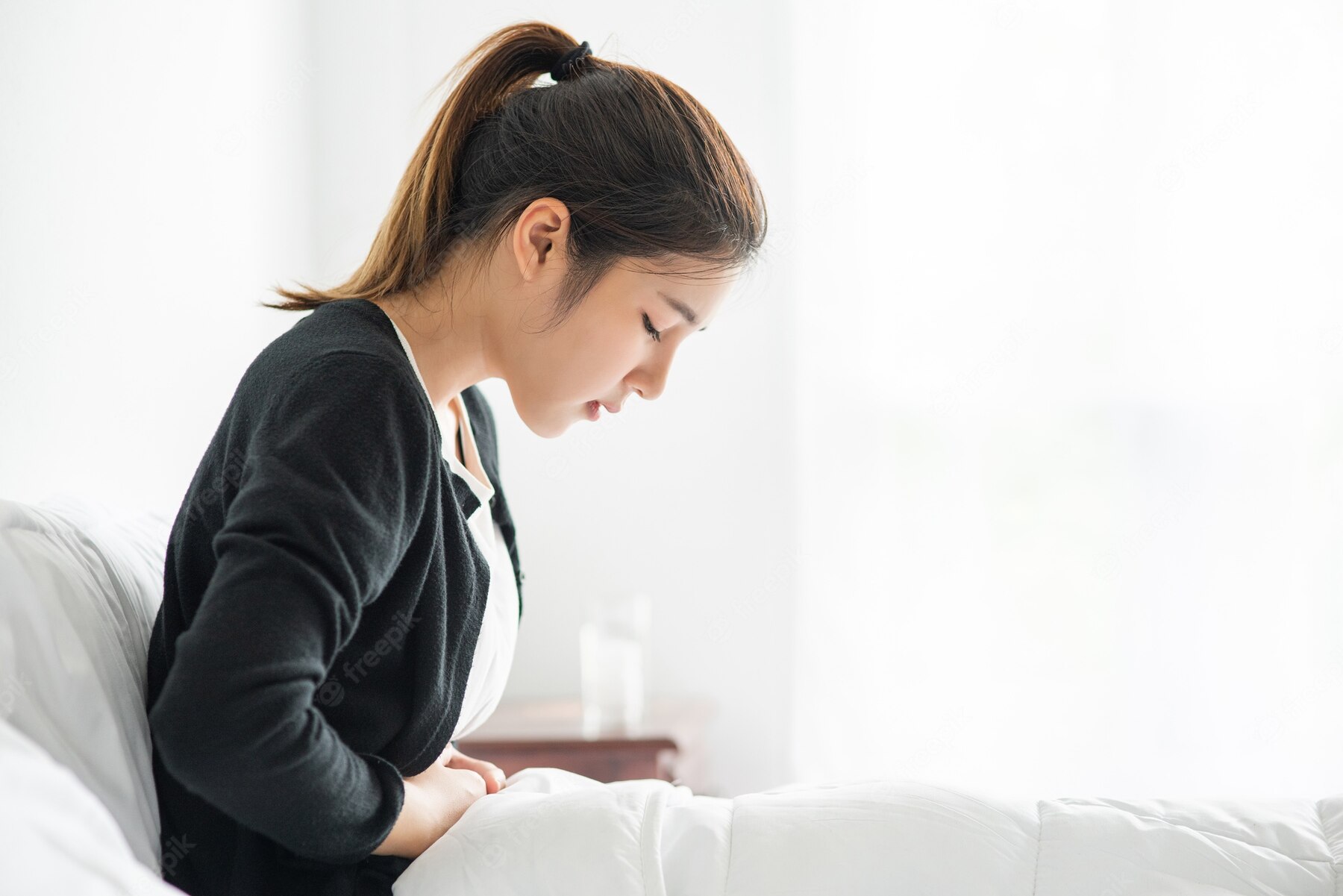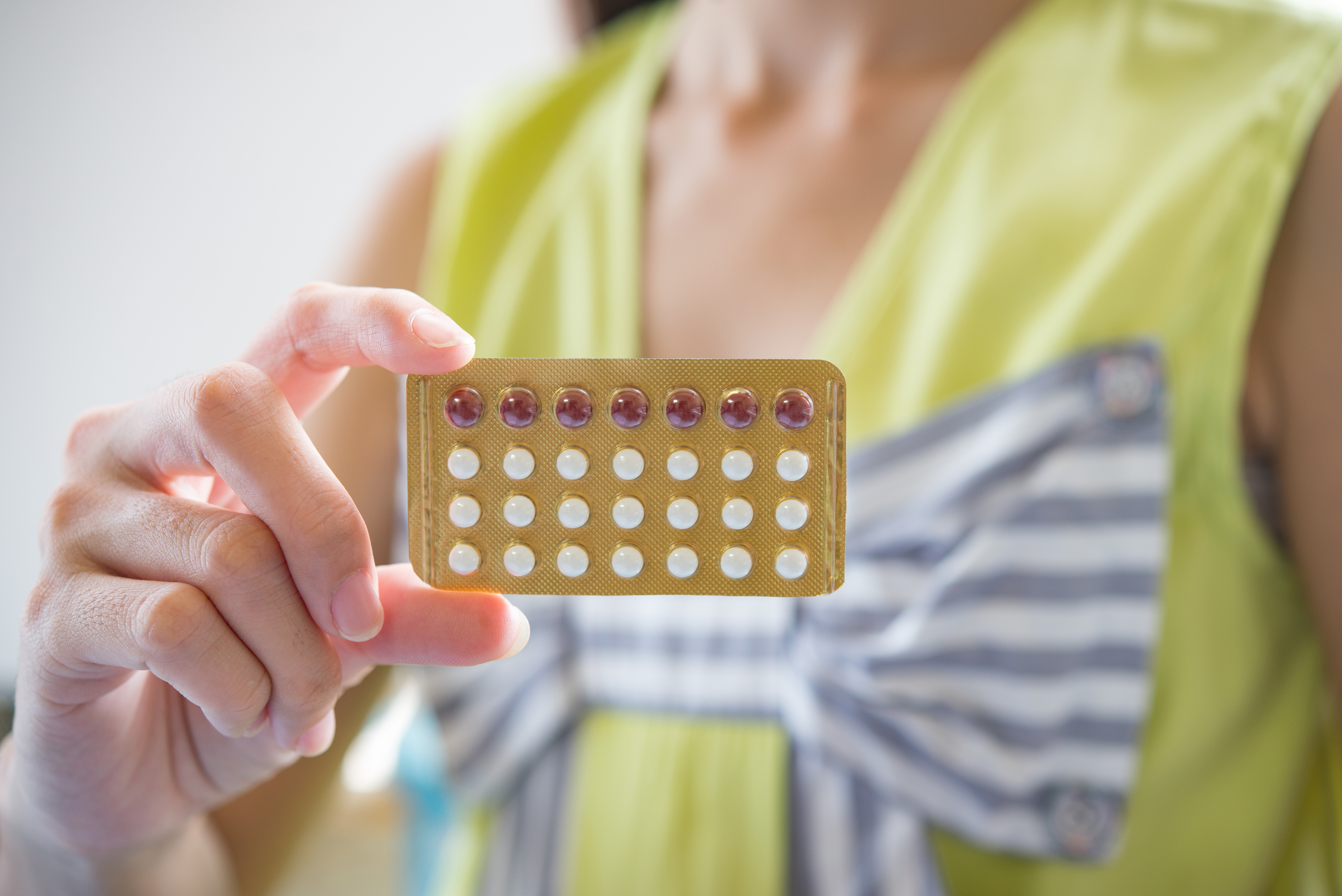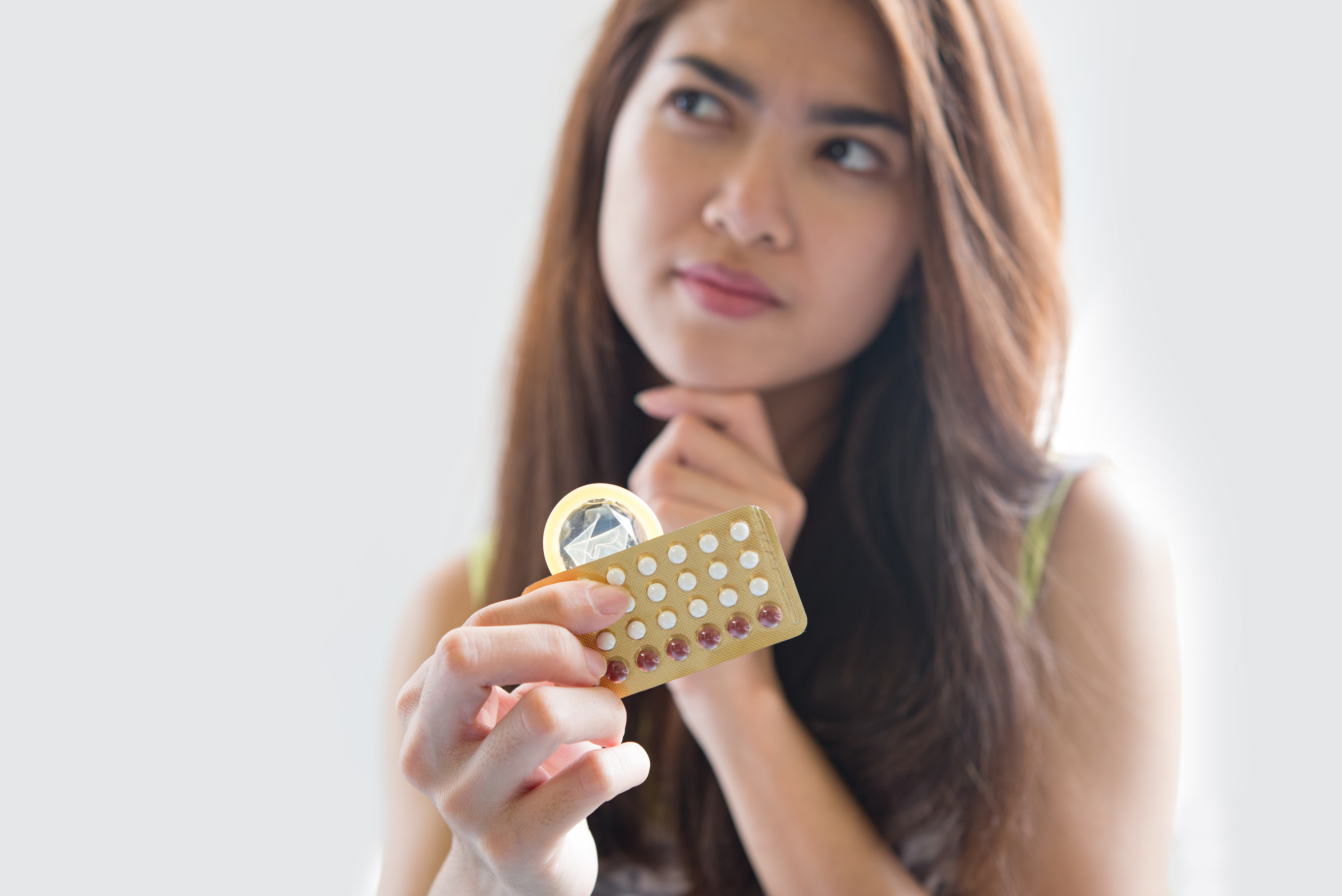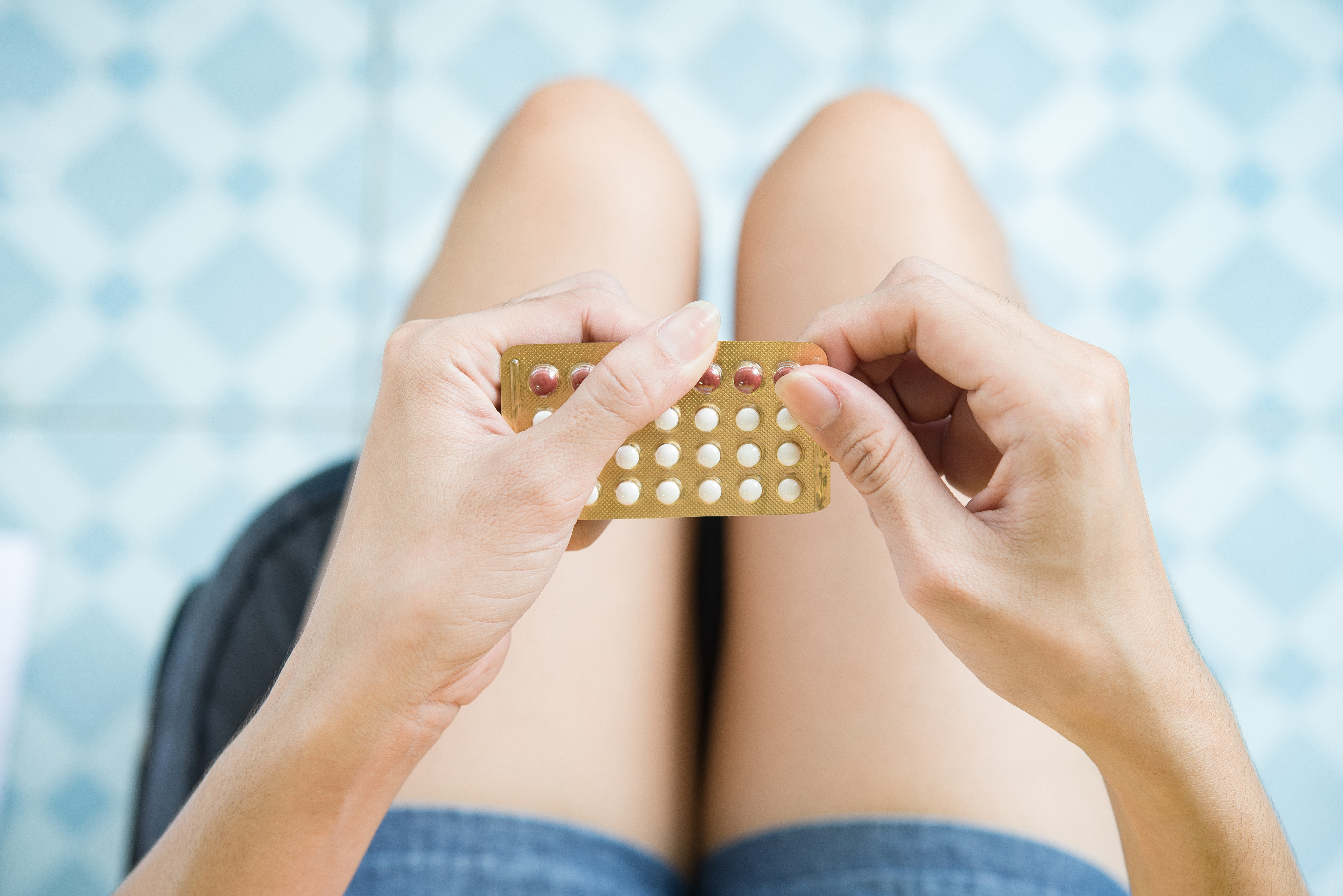When's Best To Start The Pill? Here Are 9 Things To Know Before Taking Birth Control
Besides preventing pregnancy, oral contraceptive pills (OCPs) have other benefits too.
1. Oral contraceptive pills (OCPs) are made out of hormones that naturally regulate the menstrual cycle
OCPs are also known as birth control pills and they are made out of synthetic hormones similar to those that control the menstrual cycle in a woman's body – oestrogen and progesterone.
These pills work to prevent pregnancy by keeping the hormones in the body elevated, thereby stopping ovulation (the release of an egg from the ovaries), and also make the lining of the uterus not conducive for implantation of an egg.
2. Birth control pills aren't just to prevent pregnancy
OCPs have benefits beyond birth control. Some women take these pills to regulate their menstruation, especially those with polycystic ovarian syndrome (PCOS) or painful periods.
The hormones can help make periods become more regular, shorter, less heavy in flow, and less painful.
According to Healthline, OCPs can also be used to treat acne, as fluctuations in hormones are often a major trigger of acne during puberty.
3. There are generally two types of birth control pills
The two types of pills are combination pills (that contain oestrogen and progesterone) and progesterone-only pills.
Both types can be bought over-the-counter from a pharmacist without a prescription.
Ideally though, you should seek medical advice on both the hormones before use because everyone has different contraindications, e.g. people with high blood pressure cannot take pills with oestrogen in it.
4. OCP packs contain 21 or 28 pills
OCPs usually come in packs of 21 or 28 pills. For 21 pills, there will be a 7 days pill-free interval or 7 inactive pills. For a pack of 28 pills, you take one pill per day.
When you get into the routine of taking these pills, you get to control exactly when your period is coming – you take active pills for three weeks, and you get your period during the one week of the inactive pills.
The placebo pills are just there to keep you in the habit of taking a pill daily. You can also find 21-pill packs in the market without the inactive pills.
5. You need to take the pill at around the same time every day
While you do not need to be precise, it is always recommended to take them at the same time every day, so that taking the pill becomes a consistent habit.
For a more in depth answer, Planned Parenthood states that you can take the combination pills anytime during the day, as long as they are taken daily.
However, if you take progesterone-only pills, you have to
take your pills within the suggested safety window, depending on the type of
POP, to reduce the risk of pregnancy.
6. If you forget to take a pill, do not fret! Take it as soon as you remember it.
We're human and life happens. According to NHS, if you miss a pill, you're still protected against pregnancy. But you should take your missed pill as soon as you realise it, even if it means taking two pills in a day.
However, if you have missed two or more pills, your protection against pregnancy may be affected. You should take the last pill you missed, even if it means taking two that day, and don't take the earlier missed pills, then carry on taking the rest of the pack as normal.
Because of the pregnancy risk, you will have to use back-up contraception for the next seven days.
7. You can start taking birth control pills at any point of your menstrual cycle
However, it's best practice to start a new pack within the first five days of your period because this can protect you against pregnancy right away.
If you start any other time, you will need a back-up method of contraception, such as a condom, until you have taken the pill for at least seven consecutive days before you're protected from pregnancy.
8. You can choose to skip your period when you're on the pill
Taking OCPs grant women who experience painful periods or excessive menstrual bleeding every month the freedom to take a break from them for a while.
If you have a big vacation or an important sports event coming up, you can also plan to avoid your period by continuing with a new pack and skipping the placebo pills.
9. Hormonal side effects are normal in your first two to three months of using the pill
The most common side effects are spotting or bleeding between periods, sore breasts, nausea, or headaches. But these usually go away after the first few months.
Birth control should never make you feel sick or uncomfortable. If you still experience side effects that bother you after three months, do consult a doctor about another brand of pill or another method of birth control.
For information on the contraceptive pill, visit Ask Maya on Facebook
The information provided is for educational and communication purposes only and it should not be construed as personal medical advice. Information published in this article is not intended to replace, supplant or augment a consultation with a health professional regarding the reader's own medical care.
CF Approval No: PP-YAZ-MY-0563-2 (11/24)
